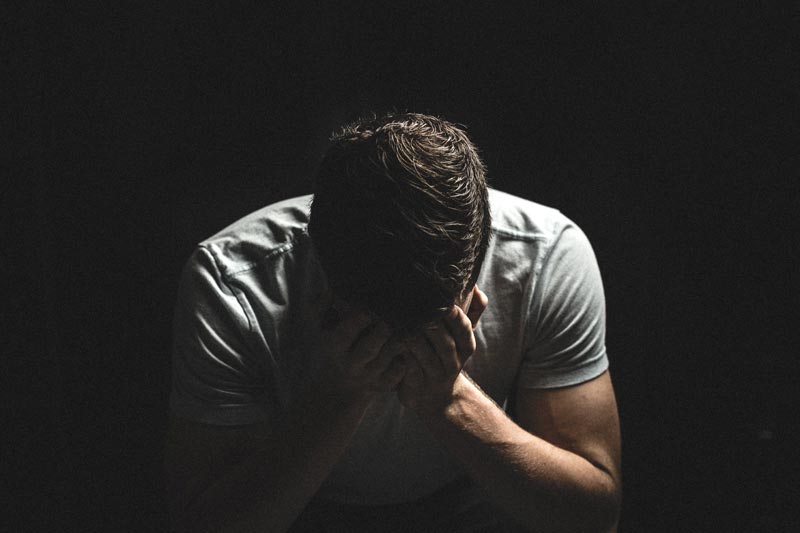The Impact of the Hazing Epidemic

The verdict in the Penn State University fraternity hazing case has brought the attention of this serious issue to the limelight once again. As many of us remember from our college days, hazing is one of the activities often associated with fraternity and sorority houses. While the reasons behind hazing may be innocent or part of a long-held tradition, this doesn’t mean it’s a practice that needs to continue. The death of Tim Piazza, the 19-year old pledge of Beta Theta Pi at Penn State who experienced extreme fraternity hazing, is proof of that.
All individuals in a hazing case, those being hazed and those doing the hazing, are at risk of great injury, both to themselves physically and legally as well as damage to their reputations.
“Hazing can lead to serious legal repercussions for those involved,” states Joseph Marrone, Esquire and Founder of Marrone Law Firm, LLC, in a white paper he authored on the subject. “For students, hazing is normally a violation of the Student Code of Conduct, which can lead to disciplinary action from the school. Additionally, as mentioned, nearly all states criminalize hazing.”
What is Hazing?
There have been well over 100 documented fraternity and sorority hazing deaths in American history dating back to 1838.
So what defines hazing? The nonprofit organization HazingPrevention.org states that “Hazing is any action taken or any situation created intentionally that causes embarrassment, harassment or ridicule and risks emotional and/or physical harm to members of a group or team, whether new or not, regardless of the person’s willingness to participate.”
The organization further states that data shows hazing occurs to both men and women in a variety of settings in addition to the Greek system including sports teams, clubs and academic societies.
Additionally, new studies show there is an increase in hazing deaths. Hank Nuwer states, “Only a couple of states – primarily Florida and Texas – have seen real effects of hazing laws. We’ve seen people go to jail in Florida, for example, for six years, with the threat of an additional 15 for manslaughter in that state.”
Prevention: Do Your Part
An alarming 73% of students participating in social fraternities and sororities have experienced at least one hazing behavior.
Preventing hazing is something we can all do and encourage. Step up and take a pledge, post your commitment on social media and let friends and family know that this is a topic worth supporting. Spread the word at your local schools and talk to your kids, both young and college-bound, not only protect themselves from being a victim, but to prevent them from inflicting such dangerous behaviors on others.
Legal Impacts
From medical bills to time off of school or work, hazing has several implications that affect your day-to-day well being and financial stability. If you or someone you know has been adversely injured and/or affected by hazing, Marrone Law Firm, LLC is here to help and advocate on your behalf. No one should be victimized in this manner and proper legal representation is vital. Reach out to us today for a consultation.
As one of the most successful litigation practices in the Philadelphia area, Marrone Law Firm, LLC provides vigorous, effective representation in matters ranging from personal injury and medical malpractice to real estate and criminal law.
Resources:
Explore the topic further with information from the advocate organizations referenced in this article: